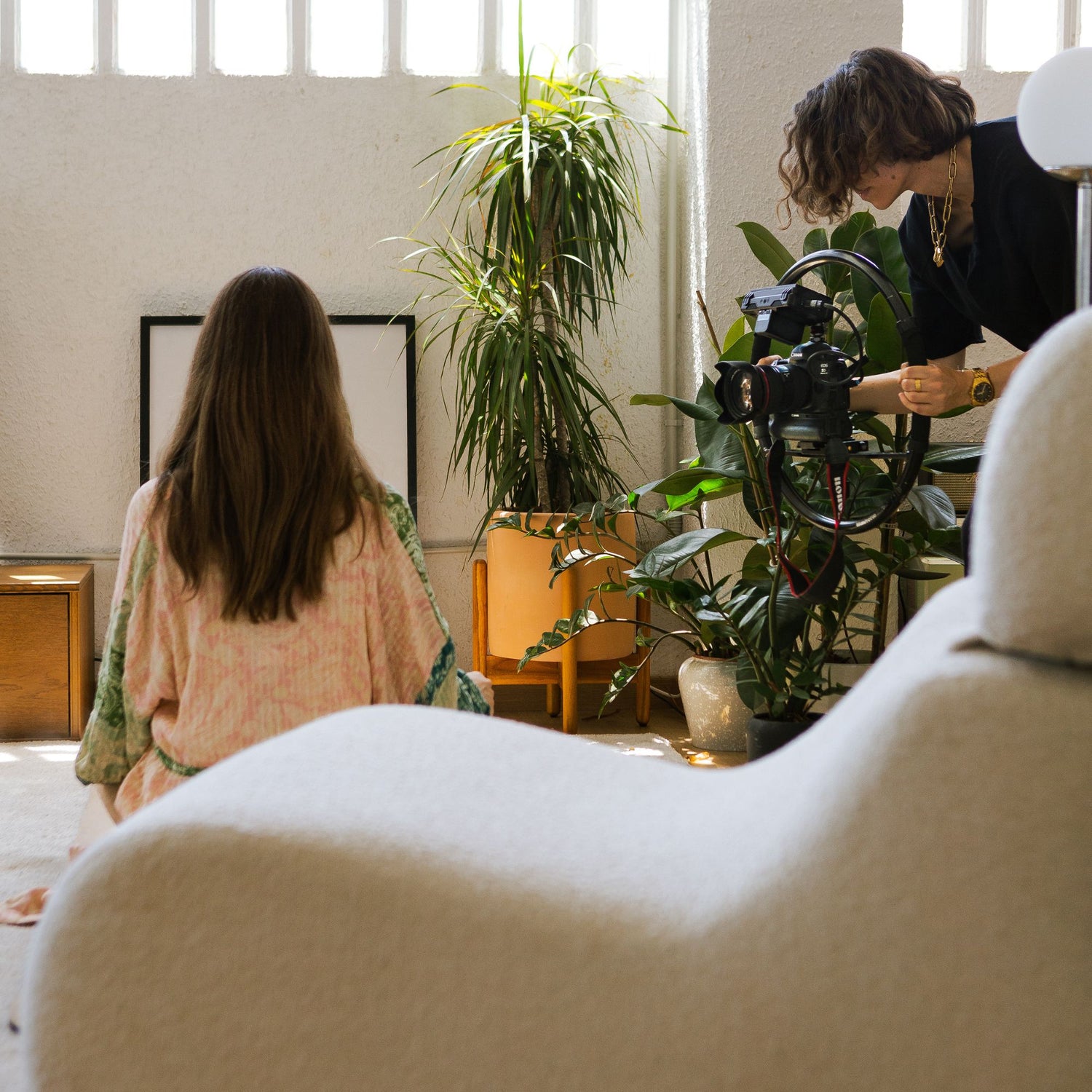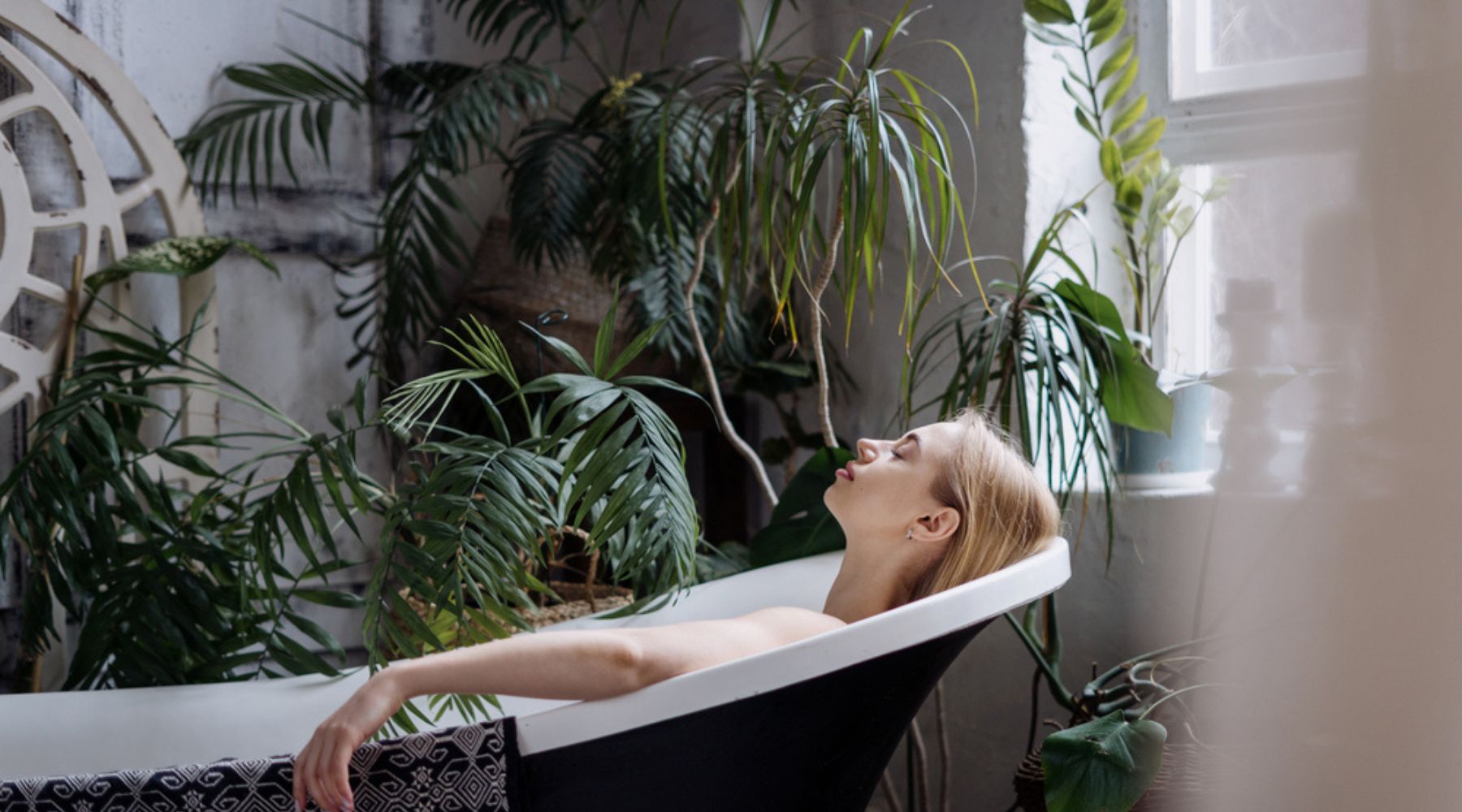Join the Self Love Club: Cleaning for Mental Health and Fun
The Self Love Club: Cleaning for Mental Health
Some people seem to be born with the clean-gene and get a kick out of cleaning, so much so that it becomes somewhat of a hobby, rather than a chore. Others avoid cleaning at all costs, demoting it right to the bottom of their priority list and will shudder at the thought of pulling on a pair of rubber gloves. Whether we like it or not, cleaning can have a positive impact on our environment, how we feel about a space and the things that we do there. It’s hard to deny that reading in a clean room is more relaxing than reading in a messy room, or that getting into a bed with freshly laundered bedding feels amazing.
Ultimately, existing in a clean home or work environment feels nice, but why? Is cleaning good for our mental health, or do we just really like the scent of our bathroom cleaner? To understand this better, we’re going to explore the effects that cleaning can have on our mood and feelings.
Why is Cleaning Good for Our Mental Health?
Cleaning can help us feel more in control. When life serves up situations that are out of our control, like bad news, or a challenging relationship, cleaning or decluttering can help in many different ways. If you already notice that you feel the need to clean when you’re experiencing stress, sadness or anxiety, this could be because your brain is looking for something it can successfully take hold of and control.
As Psychologists have explained, this is often our brain’s response to a situation that we cannot resolve or fix right away, so instead, it wills us to do something that will scratch that itch. We might clean our whole kitchen, or have a wardrobe clean-out and the result is that we feel calmer, because we’ve taken action and achieved a positive outcome.
Cleaning as a Household Chores Game
Next time a situation presents itself that makes you feel anxious, or stressed, instead of being consumed by a feeling, try completing a cleaning chore that’s on your to-do list. The distraction will give you relief from some of the stress and once the job is complete, you’ll get a feeling of satisfaction, which will help lift your mood. You may even find that your perspective of the situation has changed a little.
Cleaning can help keep our minds focused. Have you ever felt like you couldn’t start work until your desk was tidy? What about the fact that it often feels criminal to cook in a kitchen that hasn’t been cleaned first? Having a clean space to work in helps us stay focused because it limits distractions. If you’re in your office, sitting amongst empty bowls and piles of clutter, this can overwhelm your visual field. As a result, your brain will be unable to focus fully on the task at hand.
By cleaning the space around you, removing anything that doesn’t have a reason to be there, wiping down surfaces and running a hoover around if you need to, you provide your mind with a space to be calm and undistracted. This is especially important if you’re trying to be creative or you’re trying to solve a problem which requires your full attention.
However, in a world powered by technology, where we are now more connected than ever, it can often feel like we have never been more disconnected from our surroundings and this makes it difficult to give anything our full attention. Unplugging, by switching off your phone and closing your laptop, even for a short amount of time, can help us feel more connected to the world. Cleaning, without the distraction of technology will help you stay focused on the task and you’ll get that extra boost of satisfaction when the job is complete.
The Self Love Club: Mindful Cleaning
As you may have heard, mindfulness is something which can help us manage stress and other challenging feelings that occur in everyday life. It’s a practice which involves focusing on the present moment and being aware of what you think at feel at that very moment, without judgement. Believe it or not, cleaning can be the perfect way to build a mindfulness practice into your day.
Instead of rushing through the washing up or mopping the floor at super speed, which can heighten feelings of stress and anxiety, slow down and take your time to experience each moment. This means switching off the podcasts or background TV which you use to distract yourself whilst you’re cleaning. Keep your mind focused on what you’re doing.
When practising mindful cleaning as part of your self love club routine, it can be helpful to tune into all of your senses. If you’re using a product like washing up liquid focus on what it smells like and how the bubbles or running water feels on your hands. Are there any sounds? Like the spritz of a bottle or the squeak of a sponge against tiles.
Using products and tools that you feel good about can also help improve your overall cleaning experience. When you know the ingredients are safe and that the packaging isn’t going to harm the environment suddenly it becomes much easier to relax into a mindful state. At hygëia we have created a home cleaning experience designed to transform your everyday routines into mindful household chores games. All ingredients are organic and inspired by nature meaning you can fully unplug from the world and clean your way to inner peace.
When is Cleaning Not Good for Our Mental Health?
For some people, the need to clean can become compulsive and at this point, it is no longer an activity that supports positive mental health. If you find yourself cleaning something that was already clean, spending most of your time cleaning, or cancelling plans because you feel like you need to clean, then these are red flags and your desire for cleanliness may have become a compulsion. At this point, if you feel like you can’t stop on your own, you should visit your doctor to discuss what you’re experiencing.
If you’re struggling with your mental health cleaning isn’t an easy-fix way of turning negative thoughts and feelings around. However, cleaning can be used as a tool for those times when you’re feeling stressed and anxious, to give your mind a positive focus and build mindfulness into your daily routine. If you’re someone who doesn’t enjoy cleaning, perhaps this perspective will help you find new joy in your chores.
Love & Blessings…hygëia



